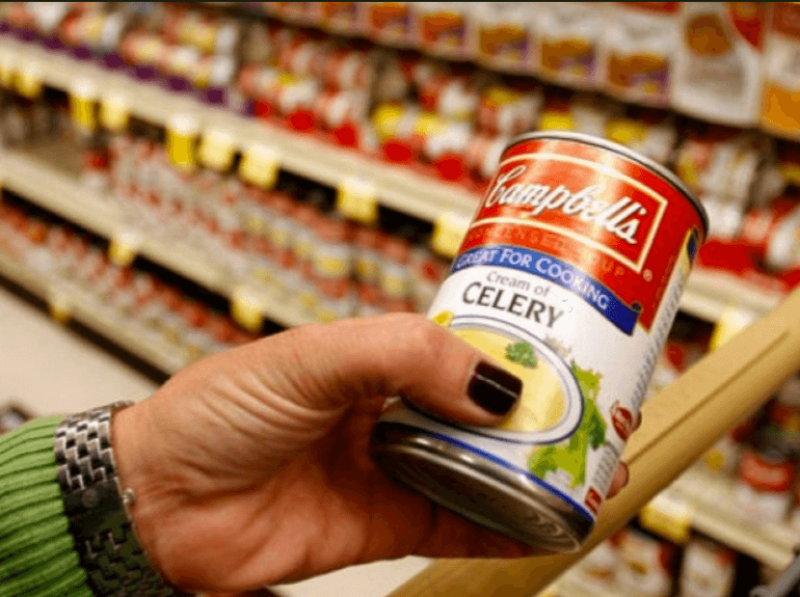The GLP aggregated and excerpted this blog/article to reflect the diversity of news, opinion and analysis.
. . . . Let’s shift the debate away from whether to disclose the use of GMOs to how consumers are informed.
Consumers want this information on the label. But what the label says matters – it must inform, not disparage. It can be supplemented through new efforts, such as Campbell’s “whatsinmyfood.com” and other digital disclosure programs that can allow consumers to easily access more information.
There are four arguments against mandatory on-package GMO labeling. First, “Big companies are imposing expensive solutions on small companies.” Vermont has already done that with its mandatory GMO labeling. It is, in effect, a national label since most food companies do not ultimately control the distribution of their food products.
Second, mandatory GMO labeling is a “slippery slope.” What’s next? A fair point; there’s only so much room on most food labels. That’s why we support digital disclosure efforts, such as SmartLabel. . . .
Third, some believe that mandatory labeling will disparage a technology that’s proven safe and even beneficial. But that’s already being done with dubious “non GMO” labels on foods like rock salt . . . That’s why we also need mandatory federal standards for responsible “non GMO” labeling.
Most of the agri-food community promotes voluntary labeling. But the voluntary labeling we’re likely to see is “Non GMO” that will further disparage food biotechnology and drive food companies away from GMOs.
. . . .
Author and former anti-GMO activist, Mark Lynas, says it best: “If enough people say that GMOs should be labeled, then labeled they must be. So let’s think how this can be done, and moreover, how it can present some opportunities to shift this debate in a more sensible and science-based direction.”
Read full, original post: Time to embrace mandatory GMO labeling































